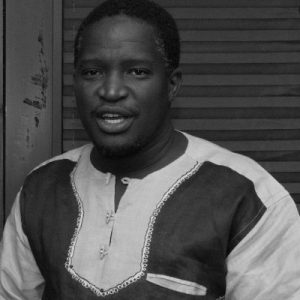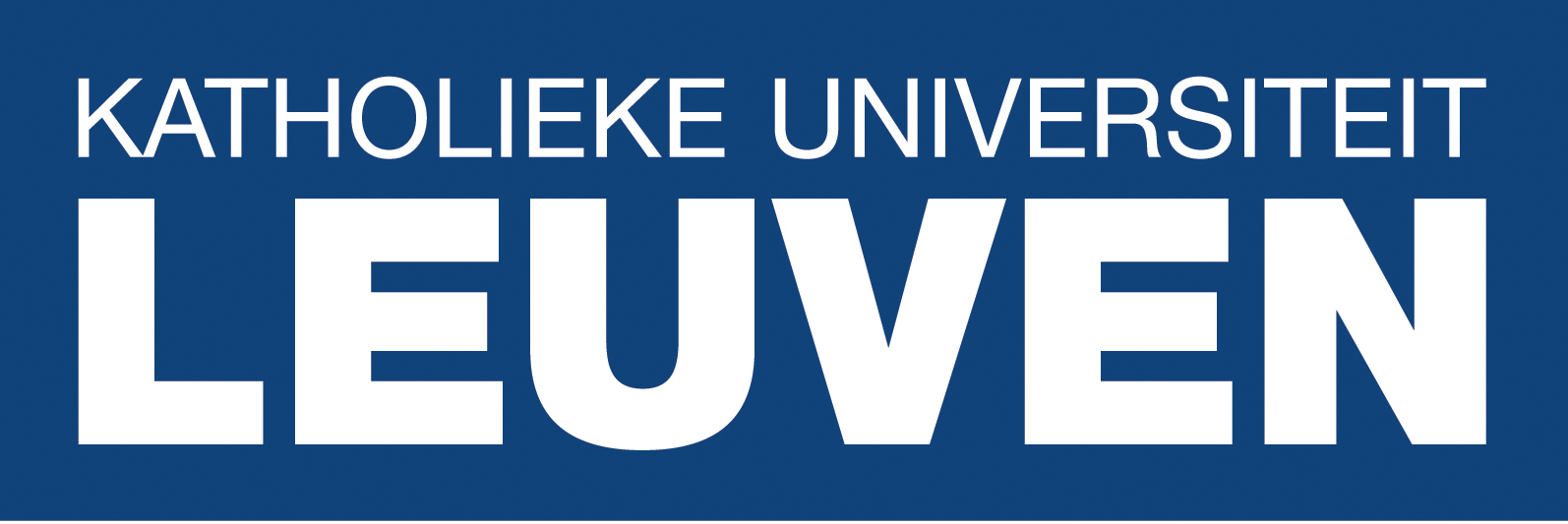Programme
The Flemish Memory Studies Network coordinates research and doctoral training activities in memory studies at Ghent University and KU Leuven. Ghent University’s Cultural Memory Studies Initiative (CMSI) brings together scholars from across the humanities whose research revolves around memory and trauma as mediated through culture. Among other memory studies activities, KU Leuven hosts the TMSS project, which examines to what extent and under what conditions the life narratives of refugees from Africa’s Great Lakes Region evolve, travel, and transform across time and space.
Contacts
 Stef Craps is a professor of English literature at Ghent University, where he directs the Cultural Memory Studies Initiative. His research interests lie in twentieth-century and contemporary literature and culture, memory and trauma studies, ecocriticism and the environmental humanities, and postcolonial and decolonial theory. Craps is the author of Postcolonial Witnessing: Trauma Out of Bounds (Palgrave Macmillan, 2013) and Trauma and Ethics in the Novels of Graham Swift: No Short-Cuts to Salvation (Sussex Academic Press, 2005), a co-author of Trauma (Routledge, 2020), and a co-editor of Memory Unbound: Tracing the Dynamics of Memory Studies (Berghahn, 2017). He has also (co-)edited special issues of Memory Studies Review, Collateral, American Imago, Studies in the Novel, and Criticism on climate witnessing (forthcoming), decolonizing English literature, art and climate change, ecological grief, climate change fiction, postcolonial trauma novels, and transcultural Holocaust memory. Currently, he is working on a study of ecological mourning as a creative and transformative process.
Stef Craps is a professor of English literature at Ghent University, where he directs the Cultural Memory Studies Initiative. His research interests lie in twentieth-century and contemporary literature and culture, memory and trauma studies, ecocriticism and the environmental humanities, and postcolonial and decolonial theory. Craps is the author of Postcolonial Witnessing: Trauma Out of Bounds (Palgrave Macmillan, 2013) and Trauma and Ethics in the Novels of Graham Swift: No Short-Cuts to Salvation (Sussex Academic Press, 2005), a co-author of Trauma (Routledge, 2020), and a co-editor of Memory Unbound: Tracing the Dynamics of Memory Studies (Berghahn, 2017). He has also (co-)edited special issues of Memory Studies Review, Collateral, American Imago, Studies in the Novel, and Criticism on climate witnessing (forthcoming), decolonizing English literature, art and climate change, ecological grief, climate change fiction, postcolonial trauma novels, and transcultural Holocaust memory. Currently, he is working on a study of ecological mourning as a creative and transformative process.
 Silvana Mandolessi is Associate Professor of Cultural Studies at KU Leuven, Belgium. She is the author of Una literatura abyecta: Gombrowicz en la tradición argentina (Brill, 2012) and a co-editor of Transnational Memory in the Hispanic World (a special issue of the European Review, 2014), El pasado inasequible: Desaparecidos, hijos y combatientes en el arte y la literatura del nuevo milenio (Eudeba, 2017), and Sujetos, territorios y culturas en tránsito: Dimensiones de lo transnacional en la cultura hispánica contemporánea (a special issue of Nuevo Texto Crítico, 2017). She is currently Director of the ERC Starting Grant Project “We Are All Ayotzinapa: The Role of Digital Media in the Shaping of Transnational Memories on Disappearance” about digital memory as a new configuration of memory in post-scarcity culture.
Silvana Mandolessi is Associate Professor of Cultural Studies at KU Leuven, Belgium. She is the author of Una literatura abyecta: Gombrowicz en la tradición argentina (Brill, 2012) and a co-editor of Transnational Memory in the Hispanic World (a special issue of the European Review, 2014), El pasado inasequible: Desaparecidos, hijos y combatientes en el arte y la literatura del nuevo milenio (Eudeba, 2017), and Sujetos, territorios y culturas en tránsito: Dimensiones de lo transnacional en la cultura hispánica contemporánea (a special issue of Nuevo Texto Crítico, 2017). She is currently Director of the ERC Starting Grant Project “We Are All Ayotzinapa: The Role of Digital Media in the Shaping of Transnational Memories on Disappearance” about digital memory as a new configuration of memory in post-scarcity culture.

David Mwambari is an associate professor in the Faculty of Social Sciences at KU Leuven in Belgium and the principal investigator of the European Research Council (ERC)-funded TMSS project. He is a core faculty and a board member at the Oxford Consortium on Human Rights, University of Oxford. He is the author of Navigating Cultural Memory (Oxford University Press, 2023) and numerous peer-reviewed international journal articles, book chapters, and essays. He is also a co-editor of Beyond History (Rowman & Littlefield, 2020) and sits on the editorial board of Qualitative Research and Brill’s “Mobilizing Memory” book series. Mwambari actively mentors early-career scholars in Africa and the African diaspora, as well as early-career scholars based in Latin America and East Asia. He also participates in community projects to train history teachers in East Africa. He occasionally does consultancy projects that seek solutions to pressing issues in healthcare, education, peace, and security beyond disciplinary boundaries.
Pieter Vermeulen is Associate Professor of American and Comparative Literature at KU Leuven, Belgium. He works in the fields of critical theory, the contemporary novel, and memory studies. He is the author of Romanticism after the Holocaust (Continuum/Bloomsbury, 2010 and 2012) and Contemporary Literature and the End of the Novel: Creature, Affect, Form (Palgrave Macmillan, 2015), and a co-editor of, most recently, The Institutions of World Literature (Routledge, 2015) and Modern Creatures (a special issue of the European Journal of English Studies, 2015).
is Associate Professor of American and Comparative Literature at KU Leuven, Belgium. He works in the fields of critical theory, the contemporary novel, and memory studies. He is the author of Romanticism after the Holocaust (Continuum/Bloomsbury, 2010 and 2012) and Contemporary Literature and the End of the Novel: Creature, Affect, Form (Palgrave Macmillan, 2015), and a co-editor of, most recently, The Institutions of World Literature (Routledge, 2015) and Modern Creatures (a special issue of the European Journal of English Studies, 2015).
Institutions
 Founded in 1817, Ghent University is one of the leading institutions of higher education and research in the Low Countries. Located in the heart of Flanders, the Dutch-speaking part of Belgium, the university currently employs 7,100 faculty and staff and has a student body of 32,000, of which approximately 3,000 are foreign students.
Founded in 1817, Ghent University is one of the leading institutions of higher education and research in the Low Countries. Located in the heart of Flanders, the Dutch-speaking part of Belgium, the university currently employs 7,100 faculty and staff and has a student body of 32,000, of which approximately 3,000 are foreign students.
 KU Leuven was founded in 1425, and with over 31,000 students and 8,000 employees, it remains one of the most important research and higher education institutions in the Low Countries. The university is composed of fourteen faculties, fifty departments, and about 240 sub-departments.
KU Leuven was founded in 1425, and with over 31,000 students and 8,000 employees, it remains one of the most important research and higher education institutions in the Low Countries. The university is composed of fourteen faculties, fifty departments, and about 240 sub-departments.
